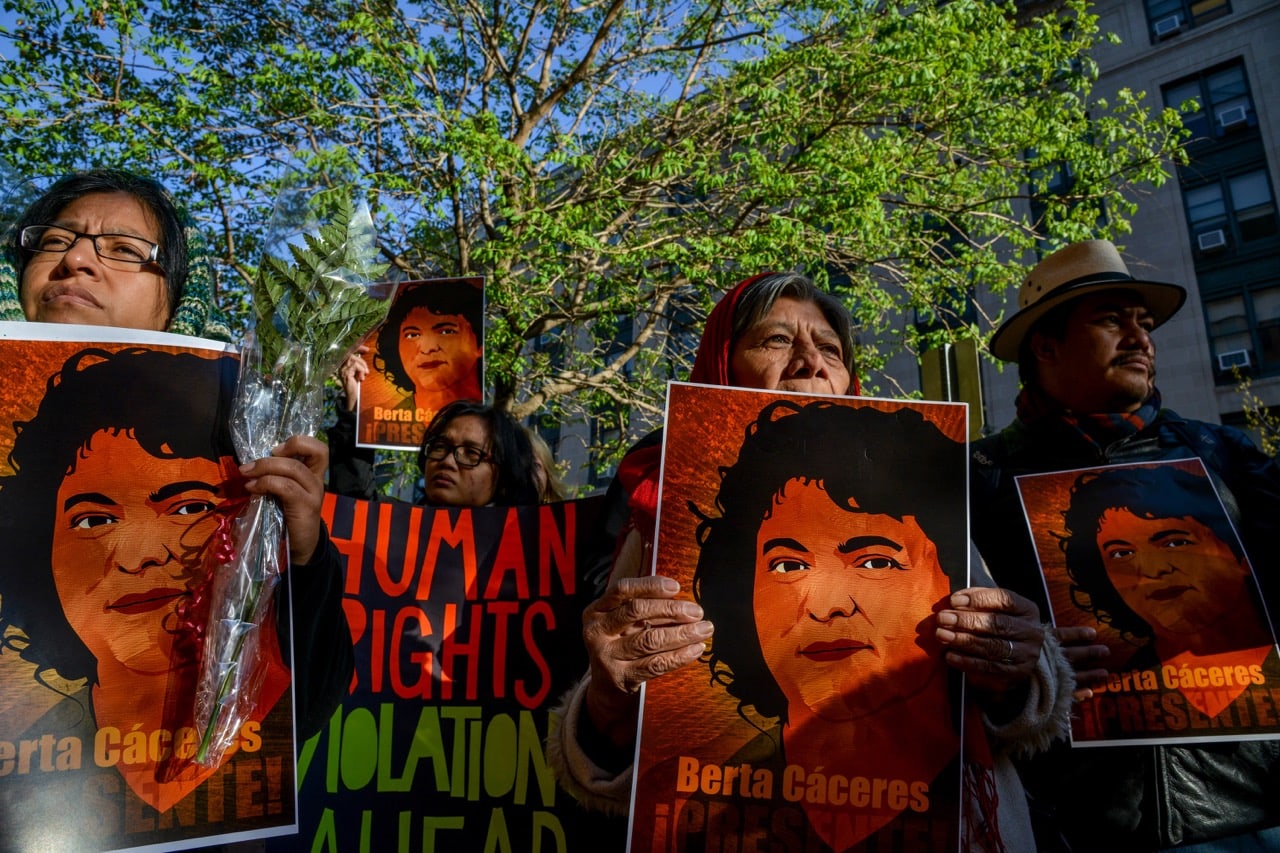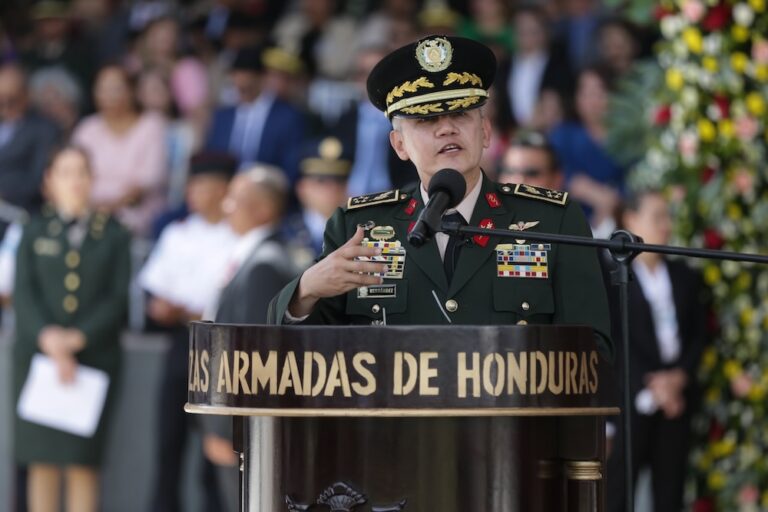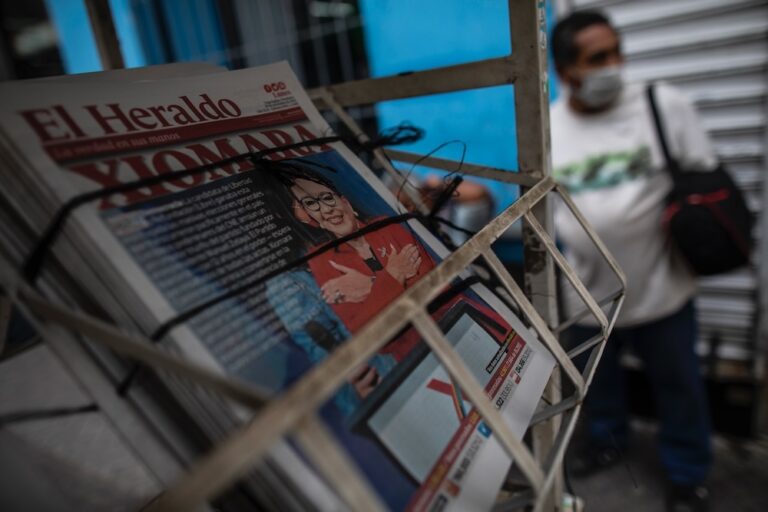CPJ called on Honduran authorities to investigate threats against freelance journalist Nina Lakhani - who is in Honduras to cover the high-profile trial of eight men charged in the 2016 murder of indigenous environmental leader Berta Cáceres - and to ensure journalists are able to report safely from the country.
This statement was originally published on cpj.org on 19 September 2018.
The Committee to Protect Journalists today called on Honduran authorities to investigate threats against freelance journalist Nina Lakhani – who is in Honduras to cover the high-profile trial of eight men charged in the 2016 murder of indigenous environmental leader Berta Cáceres – and to ensure journalists are able to report safely from the country.
Lakhani, a British citizen, is a freelance journalist based in Mexico who has reported for Britain’s Guardian newspaper for five years. On September 17, a document labeled as a press release circulated on social media platforms, including Twitter and WhatsApp, that accused Lakhani of “manipulating” the local population in the Bajo Aguán region of northern Honduras, forcing residents to give false statements and inciting them to violence, and declared her “persona non grata” in the region. The press release, which CPJ has reviewed, also called on authorities to investigate Lakhani and other foreigners visiting the region and engaging in “suspicious activities behind the façade of independent journalism for international outlets.”
“Freelance journalists like Nina Lakhani must be free to investigate and report on issues of public interest in Honduras without fearing for their safety,” said CPJ Central and South America Program Coordinator Natalie Southwick. “The eyes of the world are on Honduras as the Berta Cáceres trial begins. If the Honduran government is serious about protecting democratic values like press freedom, authorities must investigate the threats against Lakhani and ensure she and other journalists are not driven from reporting on entire regions.”
Lakhani told CPJ the organization named in the press release, the Association of Independent Farmers of the Aguán Valley, is a front or fake group. CPJ could not find any evidence that a group with this name exists.
The document linking her to violent activities used the same language that has appeared in similar documents attacking other people working on the Cáceres case, Lakhani told CPJ. It circulated the day after Lakhani published an article in the Guardian on criminal structures in the region and links between military intelligence officers and the alleged killers.
Lakhani and colleagues at the Guardian told CPJ that Honduran authorities and foreign governments, including the British embassy, have been informed about the threats.
Lahkani previously faced a similar harassment campaign in 2016, after she published an article reporting that Cáceres’ name appeared on a military hit list shortly before she was killed, she told CPJ.
Reporting on organized crime and corruption in Honduras has produced an alarming number of unsolved cases of violence against journalists, according to CPJ research.



